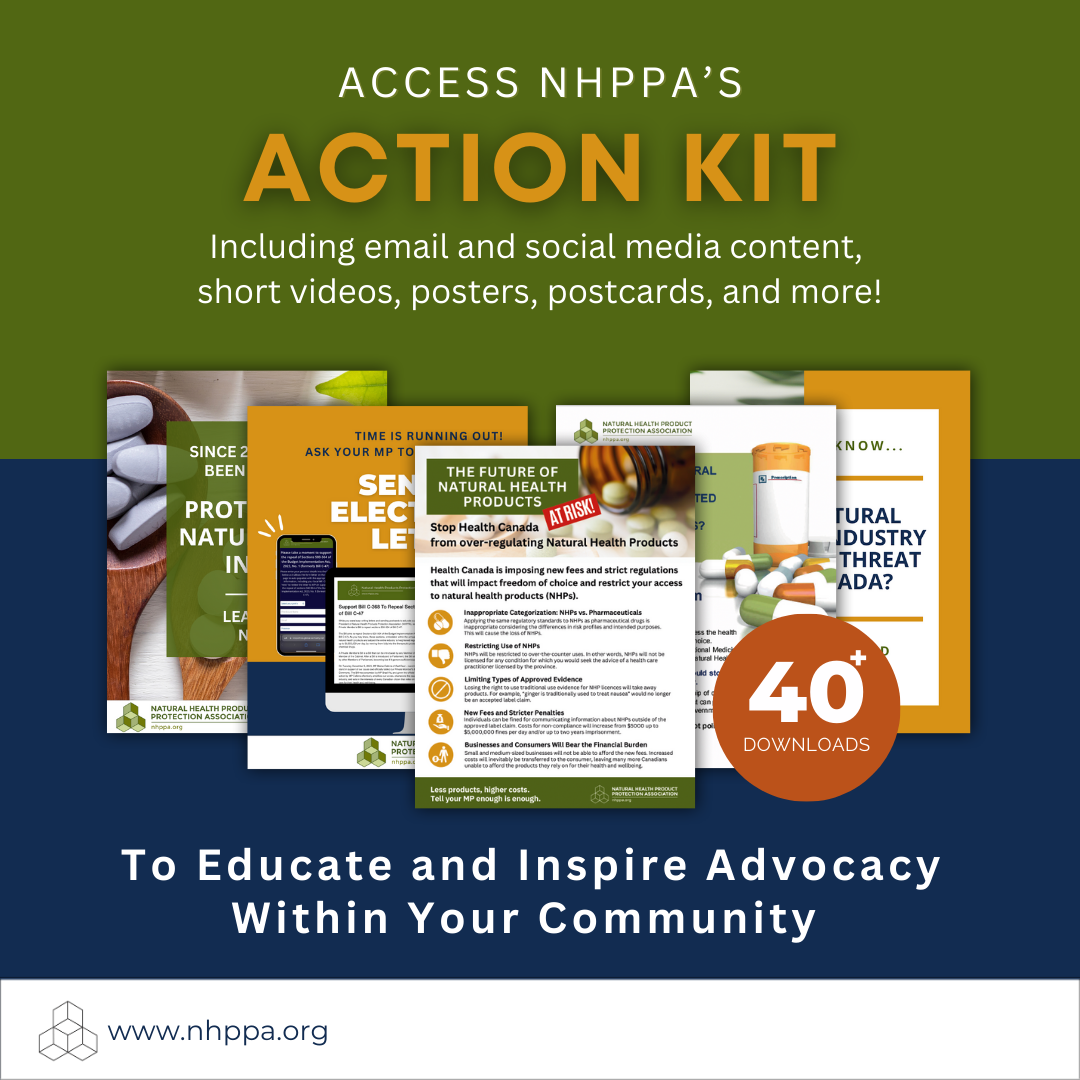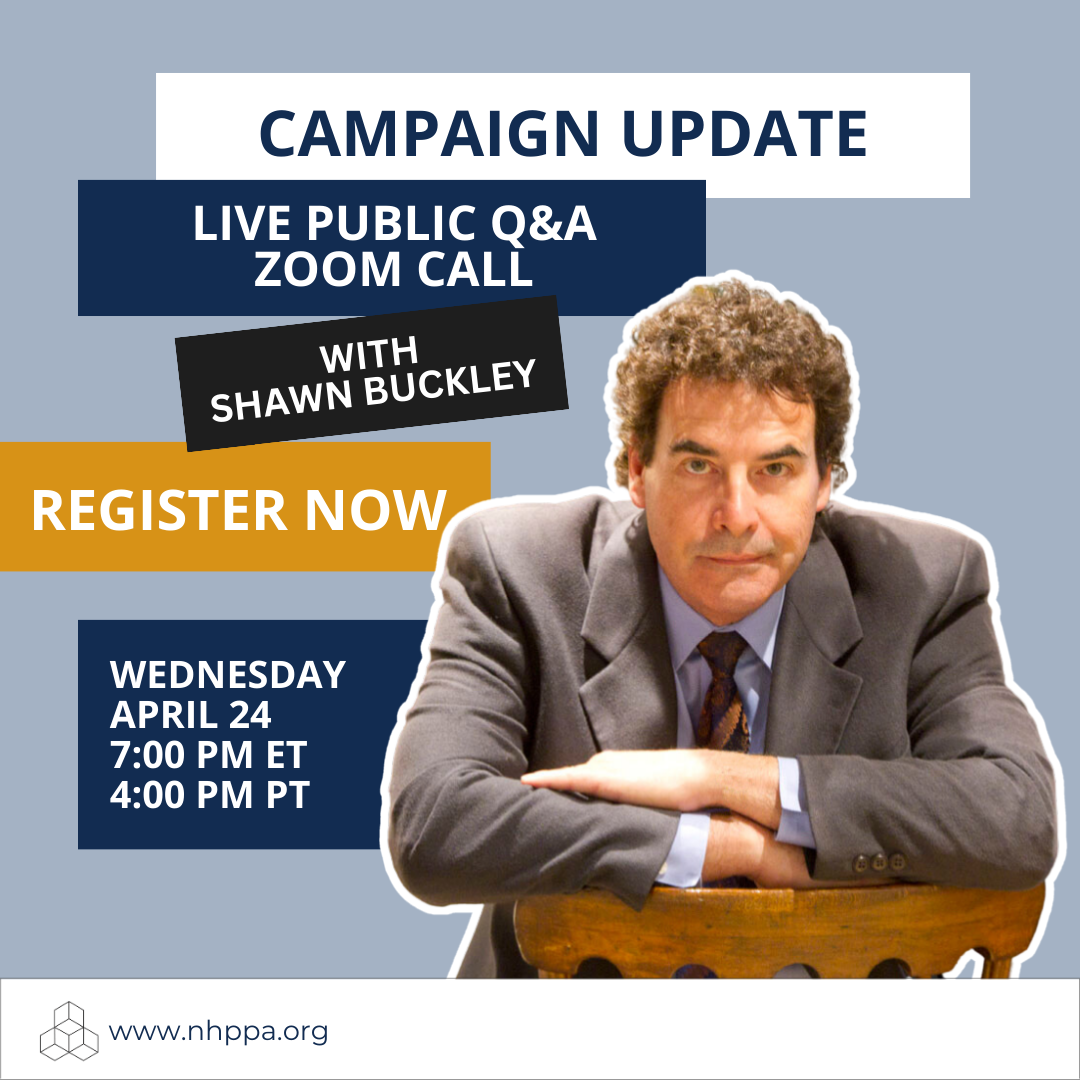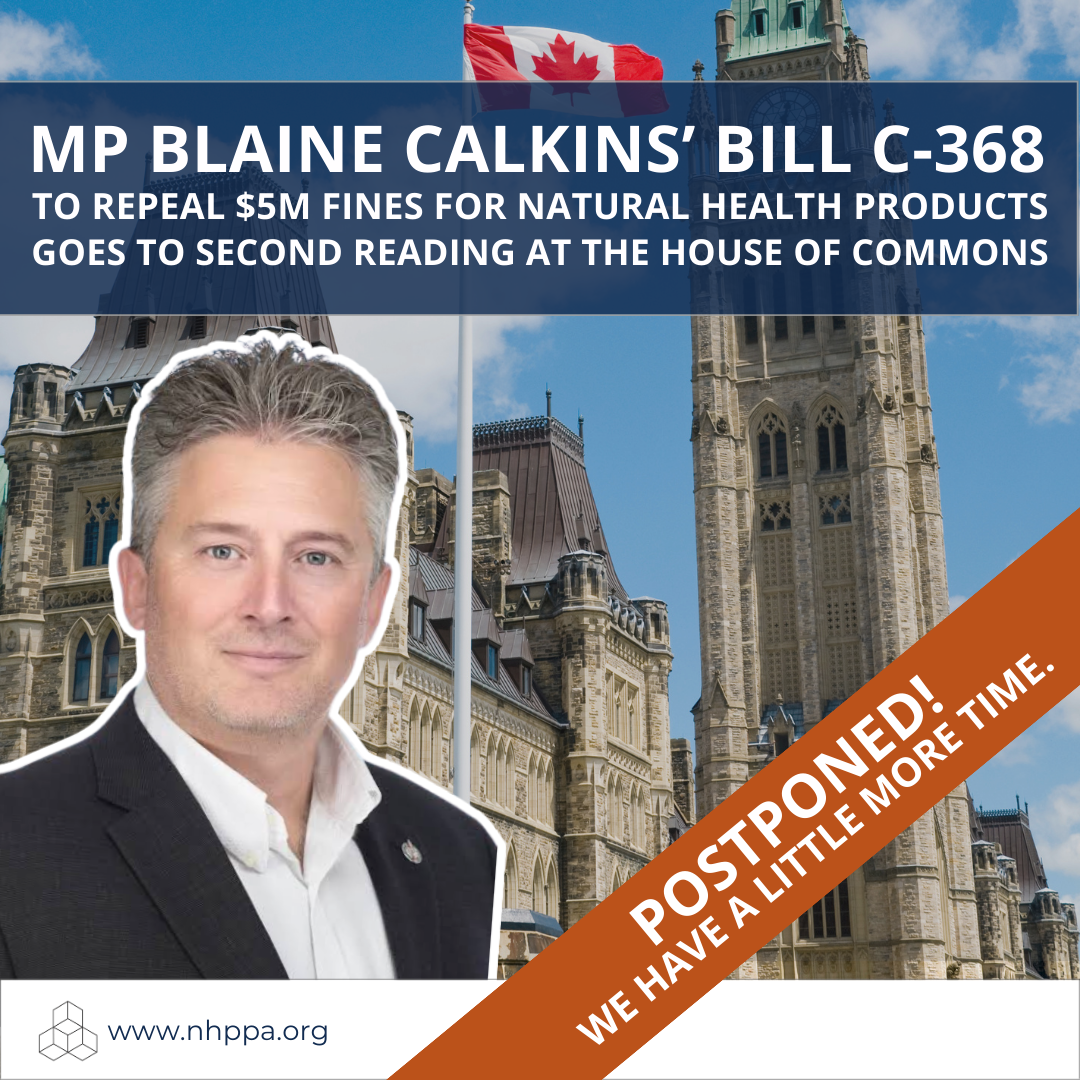
Shawn Buckley’s opinion paper concerning the “evidence” provided by Health Canada to support the proposed Self-Care Framework to group Natural Health Products (NHPs) and non-prescription chemical drugs under a single set of regulations is now available.
The purpose of the paper is to reveal the names of the people responsible for the change and to show the documents they relied upon to bring about this change.
We are asking you to educate yourself by downloading and reading this Discussion Paper (January 2019) and supporting documents.
.
Our current Natural Health Product Regulations are the result of a citizen rebellion and the most extensive consultations by a Standing Committee in Canadian history. Citizens, experts, Parliament and Health Canada all concluded that it was not proper to regulate NHPs under the same set of regulations as chemical drugs.
Health Canada’s Self-Care proposal is to go back to what did not work and to what caused citizens to rebel: the regulation of natural products and chemical drugs under a single set of regulations. The new proposal will do the exact opposite of what the Standing Committee on Health, the Government, the NHP industry and consumers agreed on.
The Paper outlines that there is no evidence or reason to support the Self-Care Framework. The only call for public consultation made it clear that NHPs would not be affected. Because the sole call for public consultation made it clear that NHPs would not be affected, there was zero public input concerning regulating NHPs as Self-Care Products.
The Access to Information Act (ATI) requests from Health Canada by Deane Parkes from 2017-2018, reveal insights into how the proposed new self-care regulations were developed. Through these requests, Health Canada provided materials, all of which were given to Shawn for review and analysis.
“We are being subjected to “non-negotiable” changes to
the regulation of NHPs without any meaningful consultation
and without evidence to support the changes.”
“When Health Canada announced its intention to regulate natural health products under the same regulations as chemical non-prescription drugs, Mr. Parkes attended one of Health Canada’s information sessions on the new changes in 2016. At the session Health Canada made it clear that the proposed changes were “non-negotiable”. When Health Canada was asked why the proposed changes were non-negotiable the audience was told that:
- “a “committee” of “senior management” at Health Canada laid down these principles and told the Natural and Non-Prescription Health Products Directorate (the “NNHPD”) to figure out how to make it happen.”
Shawn Buckley explains why it’s important to look at NHP Regulation history, as the time, expertise, effort and capital expense that has been invested in the last regulations that went into effect in 2004 should not be thrown out.
“Our current regulatory scheme is based upon significant expertise,
political will, effort and cost to the natural health industry. Before significant
changes are made, an examination of individuals and evidence
to the support the change should be examined.”
All document references/links are provided throughout the Discussion Paper.
READ ABOUT SEVERAL KEY QUESTIONS RAISED
1. Why would the Minister of Health agree to significant changes that directly contradict the current regulatory scheme which was arrived at only following the significant involvement of the Standing Committee of Health, experts both within and outside of Health Canada, the natural health industry, and citizens?
2. Why would four people without expertise in NHPs be allowed to set a “non-negotiable” approach to the regulation of NHPs?
3. Why are these changes non-negotiable?




